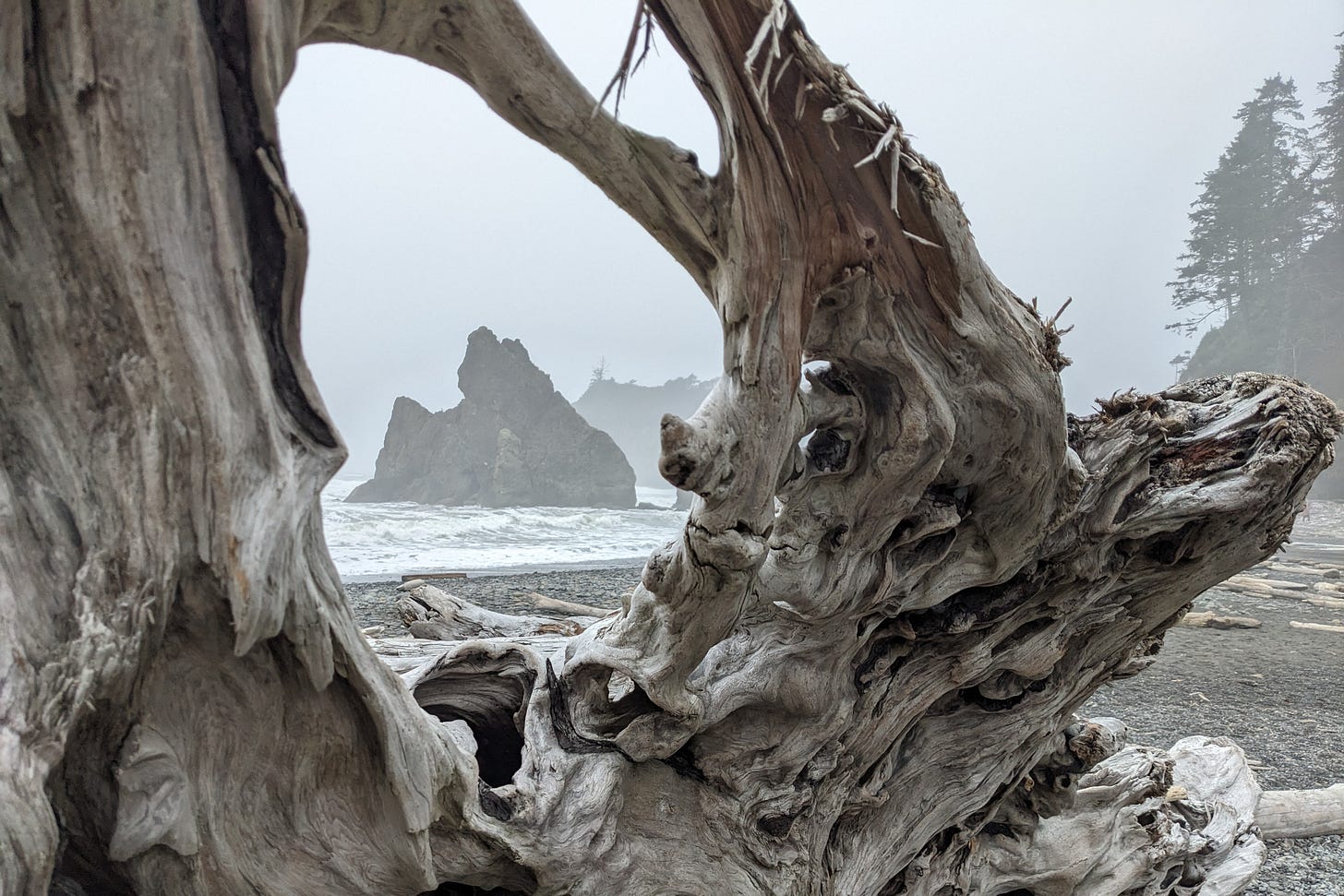I invite you to consider a question with me as we turn to the ancient and timeless poetry of the “The Book of Refuge” in 2025.

In the midst of disorientation and wilderness, I made a happy discovery. Or, God drew my attention to something that was always there: refuge.
The ancient Hebrew Psalter has been home for me for some years, its raw emotion, honesty, lament, longing, wonder, and worship furnishing me with necessary language for the human experience of a life of “answered speech” before God and creation. But it wasn’t until this past year that the theme of “refuge” shone through from the biblical text like a lighthouse over a storm-tossed sea.
This theme is why I’ve come to affectionately call the Psalms “The Book of Refuge.” In the coming weeks and months, I intend to keep a weekly series of posts with a Psalm, a poem, or a brief reflection drawing from the deep well of the Psalter’s gifts for us all.
No matter who you are or where you are from, you’ve experienced trials, tribulations, or trauma that provoke the common human search for safety, security, solidness, protection. But of course, if we are honest with ourselves and with each other, we wonder: is there any true safety? It sounds soothing in poetry, perhaps, but is the Bible really safe? is God safe? is Jesus safe?
When there is so much pain, evil, and trauma all around us—sadly, often coming within the very religious communities we thought would be safe—we long for refuge. But, is it possible, as the 19th century hymn suggests, that there really are “Everlasting Arms” where we can be existentially “safe and secure from all alarms”?
I invite you to consider that question with me as we turn to the ancient and timeless poetry of the “The Book of Refuge” this year.
Shalom to you friends,
Jonathan



